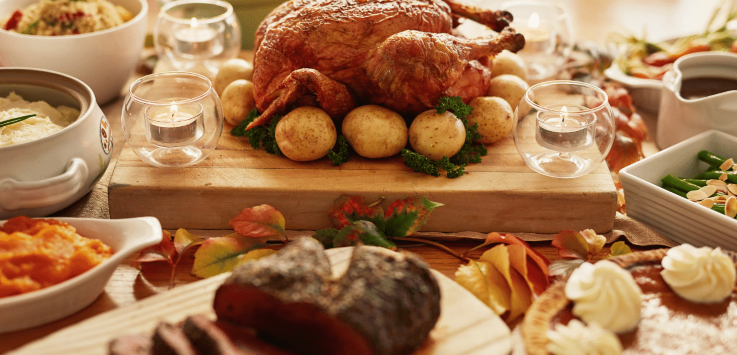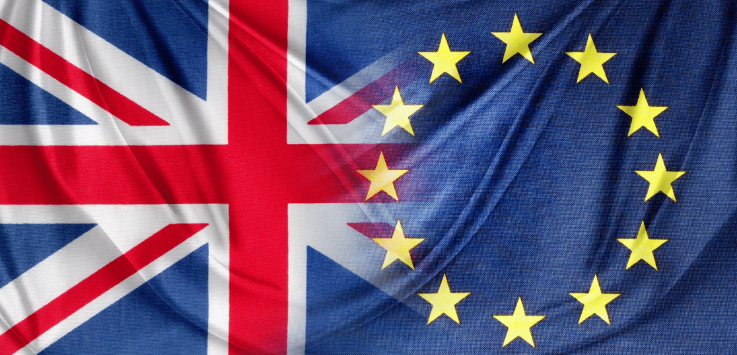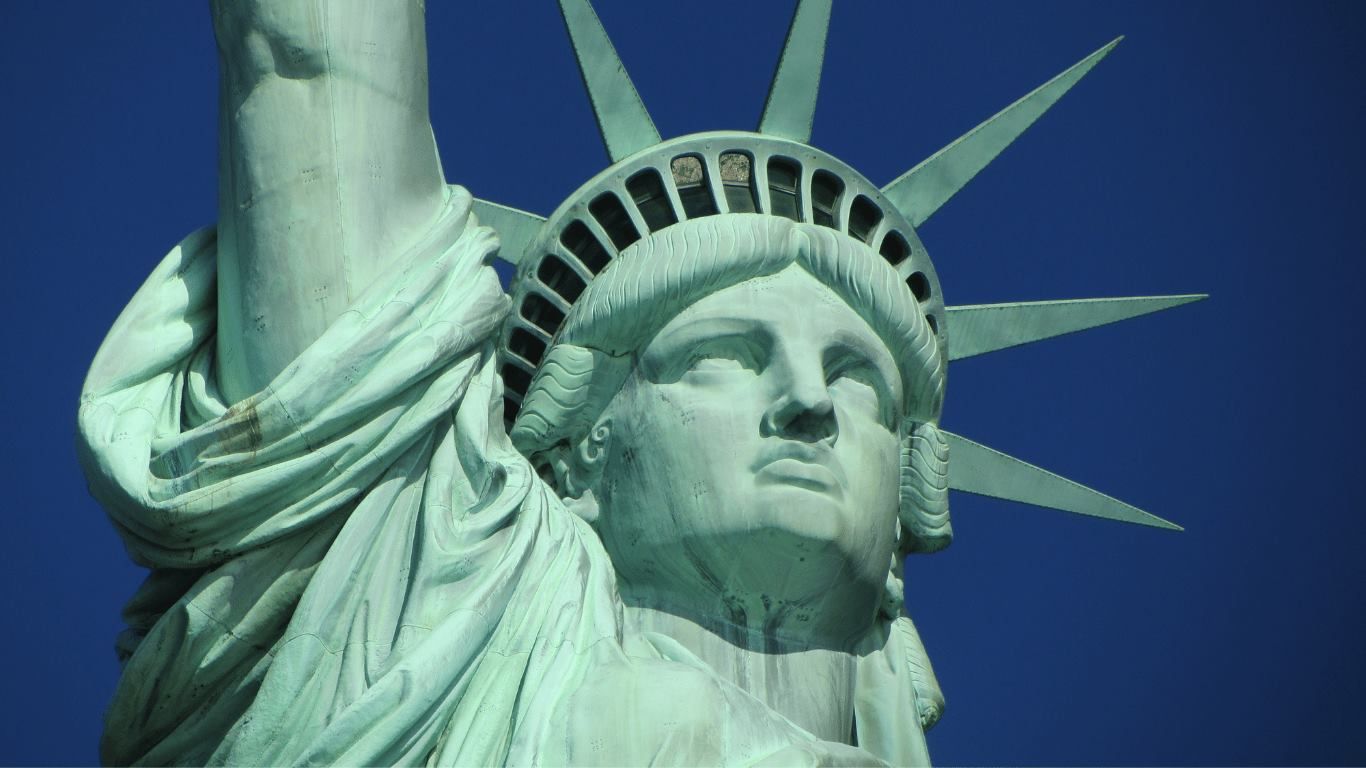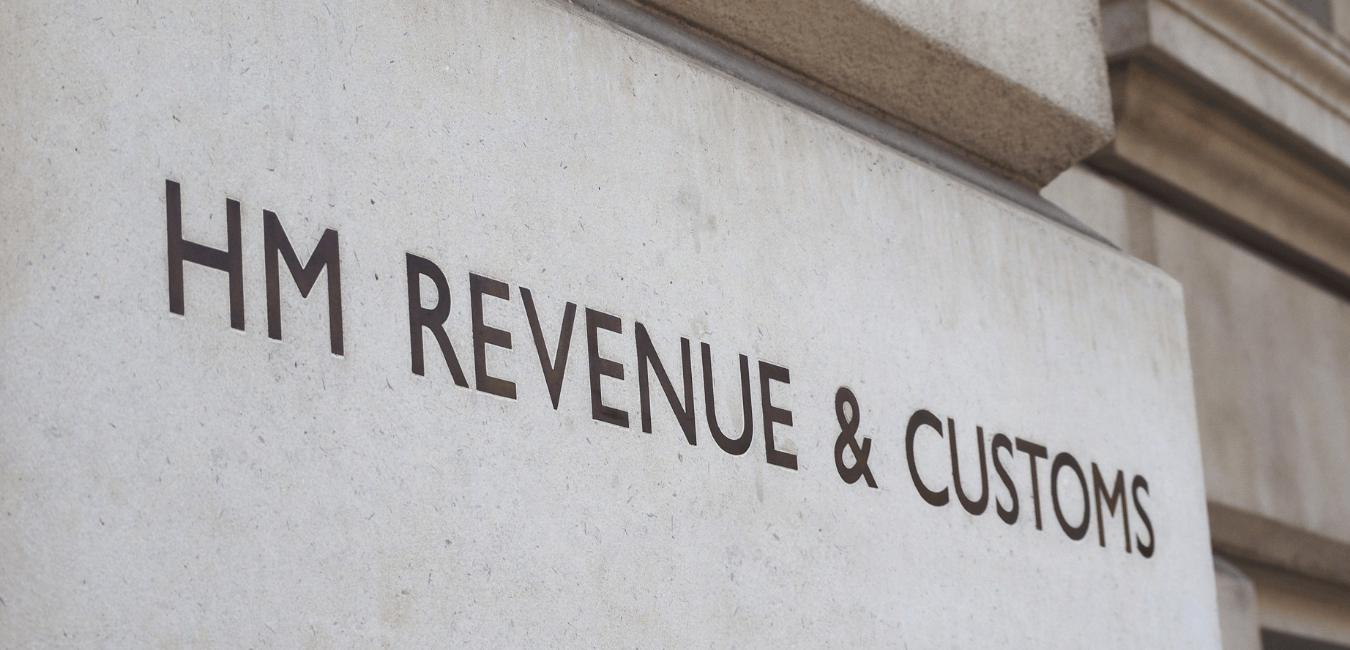Revision of Controls on EU Food Imports
Revisions of import controls on foods from the EU

EU Food Imports - Revisions of Import Controls
The UK Government confirmed on 14 September 2021 further revisions of its timetable for full Great Britain (GB) import controls of Plant and animal products. GB food exporters have been subject to full controls on their shipments to the EU since 1 January 2021, but the government has opted for a phased approach on food imports from the EU.
The government has stated the delay is due to the impact of coronavirus and supply chain challenges. However, the British Ports Association has also requested a later start date due to port facilities (called Border Control Posts) not being ready in time.
According to the Food Standards Agency, Border Control Posts (BCPs) handle products of animal origin which are being imported into the UK. These products must be presented at a designated BCP for veterinary checks to be conducted. Goods that fail these checks will not be allowed into the UK and may be destroyed.
Sanitary and Phytosanitary (SPS) Controls
GB import controls on animal products, live animals and plants products from the EU were due to come into force on 1 April 2021. These import regulations are known as sanitary and phytosanitary (SPS) controls. As from 1 January 2022, Importers will now have to obtain the correct documentation for entry from the EU into the UK and these will include health certificates signed by vets.
Currently food products from non-EU countries that fail these health checks are not allowed into the UK and may be destroyed.
Is it right that foods considered high-risk, such as certain meat products, are currently being imported from the EU into GB without any real controls?
GB businesses importing products of animal origin (POAO) from non-EU countries (third countries) are, in most cases, required to do the following according to the Food Standards Agency:
- Notify the border control point (BCP) in advance of arrival of any POAO consignments.
- Submit the relevant documentation to the BCP, including an original health certificate. The type of certification required is dependent on the product type and country of origin.
- Present the goods to the BCP for veterinary checks to take place.
- Pay for all charges for the inspection of the goods and retain the CHED*, issued upon clearance, for one year at the first point of destination of goods in GB.
*The CHED is the Common Health Entry Document.
POAO from non-EU countries to Great Britain
In an update on 14 September 2021, the Department for Environment Food & Rural Affairs and the Animal & Plant Health Agency stated:
- You must import live animals, germinal products, POAO and animal by-products into Great Britain through a UK border control post.
- Importers should check if the CN code for their product is listed in Regulation 2019/2007 to find out if the POAO or animal by-products must be checked at a BCP.
- You must use IPAFFS* to notify the Great Britain BCP at least one working day before your consignment is due to arrive.
- For imports of POAO and animal by-products that do not require veterinary checks at a BCP, there is no requirement to pre-notify a port of the arrival of the consignment.
*IPAFFS is the Import of products, animals, food and feed system used to notify enforcement authorities about imports of live animals, animal products and high-risk food and feed not of animal origin into Great Britain.
New timetable for introducing full import controls
The government has stated:
Businesses have faced a range of challenges over recent months as they recover from the global pandemic which has impacted supply chains across Europe. This is being felt particularly by the agri-food sector, where new requirements on importing products of animal origin were due to be introduced from 1 October 2021. Rather than introduce these controls at this time, the government has listened to those who have called for a new approach to give businesses more time to adjust.
Full customs declarations and controls will be introduced on 1 January 2022 as previously announced, although safety and security declarations will now not be required until 1 July 2022.
Under the revised timetable:
- The requirements for pre-notification of Sanitary and Phytosanitary (SPS) goods, which were due to be introduced on 1 October 2021, will now be introduced on 1 January 2022.
- The new requirements for Export Health Certificates, which were due to be introduced on 1 October 2021, will now be introduced on 1 July 2022.
- Phytosanitary Certificates and physical checks on SPS goods at Border Control Posts, due to be introduced on 1 January 2022, will now be introduced on 1 July 2022.
- Safety and Security declarations on imports will be required as of 1 July 2022 as opposed to 1 January 2022. Full customs declarations and controls will be introduced on 1 January 2022 as previously announced.
If you would like more details, please call +44 (0) 118 932 8447 or email info@icsglobalservices.com
ICS Global Services Limited
Share this page




